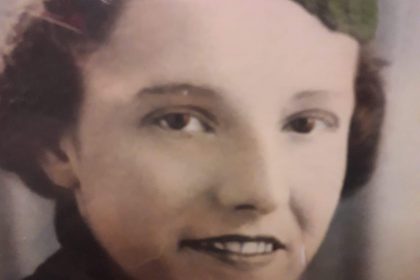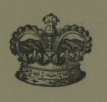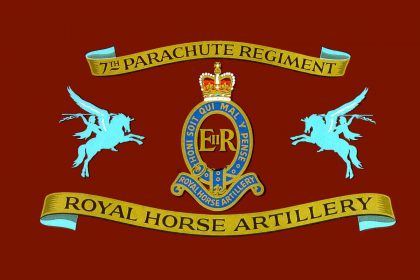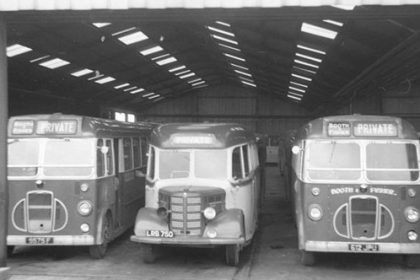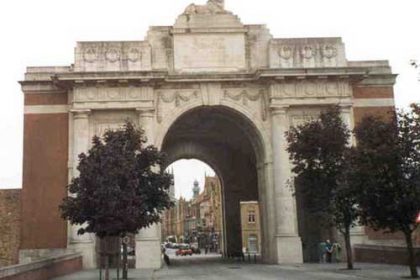As reported in The Derby Mercury, Wednesday, February 28, 1900 – Derbyshire Winter Assizes
Before the Lord Chief Justice (Lord Russell of Killowen).
The Lord Chief Justice arrived at Derby on Saturday morning shortly after ten o’clock, and opened the commission at the County Hall.
Grand Jury
The following gentlemen were sworn to act on the Grand Jury:
Sir John Alleyne, Baronet (Forman)
Colonel J.C. Cavendish
William Cox, Esq.
A.F. Hurt, Esq.
W.H.G. Bagshawe, Esq.
F.N. Mundy, Esq.
Wathall-Wathall, Esq.
Fitzherbert Wright, Esq.
G.F. Maynell, Esq.
C.R. Palmer-Morewood, Esq.
G.W. Peach, Esq.
E.S. Milne, Esq.
F.O.F. Bateman, Esq.
T.O. Farmer, Esq
Spurrier, Esq.
Oakes, Esq.
R.C.C Newton, Esq.
C.E.B. Bowles, Esq.
D’Arcy Clarke, Esq.
G.H. Taylor Whitehead, Esq.
W.G. Copestake, Esq.
Briggs, Esq
The Charge – The Decrease in Crime in Derbyshire
In charging the Grand Jury His Lordship said he was glad – on the occasion of his first official visit to Derby – to congratulate them that in so large a county as Derbyshire there had been such a considerable decrease in crime.
He had seen the Chief Constable and had looked over the reports prepared for him in regard to crime in Derbyshire during the past few years.
The amount of crime was, he was pleased to say, below the average, and he believed that the decrease was largely due to the higher moral tone of the people and to better education.
The continued prosperous state of trade no doubt also tended to minimise crime.
On looking over the calendar he was glad to note the entire absence of offences of a character which were so frequent in many other countries; he referred to misconduct against females, next to larceny offences against the Criminal Law Amendment Act were the most frequent to be met with, but he learned with satisfaction that no such cases were to come before him at the court.
He hoped that by the firm application of the law and the firm punishment of the offenders they would gradually but surely be stamped out.
They were a disgrace to a civilised country.
Alluding to the business of the Court His Lordship remarked that there were 11 charges against 12 persons.
One was a case of murder and he did not think from the evidence that the Grand Jury would have much difficulty in finding that the woman met with her death at the hands of the prisoner, though there might be circumstances which would cause the charge to be reduced to one of a less serious nature.
Manslaughter near Eckington
Christopher Taylor collier, Mosborough Moor, near Eckington, was indicted for the wilful murder of Emily Bird wife of a neighbour, on the 2nd of December.
Mr. Bonner and Mr. Magee prosecuted, and Mr. Appleton defended.
The prisoner pleaded not guilty.
In his opening remarks Mr. Bonner said that the case was a most brutal, though simple, one.
The people lived within forty yards of each other, and prior to the day in question the accused and deceased’s husband had been on good terms.
On the morning of December 2 the prisoner was seen near Bird’s house with a gun under his arm, but no words passed between the parties.
At about eight o’clock in the evening Bird was at the house of his son-in-law, who lived next door, when he heard the prisoner in the lane making use of threats towards him, and stating that he would set his house on fire and blow his brains out.
Bird opened the door and told the prisoner that he should take him to the lockup for being disorderly, whereupon Taylor climbed over the wall, took off his coat, and trampled upon the things growing in the garden.
The accused lost his coat, and Mrs. Bird went out to help him to find it, but she soon returned to her son-in-law’s house and bolted the door.
No sooner had she done so than a step was heard outside and a voice said, “I will blow your head off, you old (expletive),”
A shot was heard, and Bird saw his wife falling and caught her, when he found that she was dead.
The shot had apparently passed through the door, entered the woman’s neck, and passed into her skull, causing instantaneous death.
The prisoner went away and was later arrested while sitting on the edge of his bed at home.
He had the gun with him, and it was then found that both chambers were loaded and it was also capped and cocked.
The prisoner had evidently been drinking during the day, and the question for the jury to decide was whether he was guilty of murder or manslaughter.
That the woman met her death at Taylor’s hands was undoubted, but before he could be convicted of murder it would have to be proved that he was guilty of malice aforethought.
Mr. Appleton said that from the remarks which had been made by Mr. Bonner it was evident that the case was one of manslaughter, and with the consent of his Lordship and the prosecution he was willing to withdraw his plea of not guilty, and would enter a plea of guilty to manslaughter.
His Lordship remarked that he had carefully read over the depositions, and thought that the course suggested by Mr. Appleton was a right one.
Consequently Mr. Bonner intimated that he would withdraw the charge of murder and the prisoner admitted the charge of manslaughter.
In addressing Taylor the Judge said the case was very near one of murder, and he had stood in serious peril of his life.
The only appeal that his counsel could make on his behalf was “the dismal, heartrending, and sickening plea of drink, drink, drink.”
He would have to go to penal servitude for five years.
The Worcestershire Chronicle, Saturday, March 3, 1900
Christopher Taylor, collier (43), was indicated, at Derbyshire Assizes, on Monday, for the murder of Mrs. Emily Bird, at Eckington, on December 2.
The prisoner, who was the worse for drink, had quarrelled with the deceased’s husband, whom he followed home with a loaded gun.
He called on Bird to come out, but the latter refused, whereupon the prisoner fired the gun at the door, killing Mrs. Bird on the spot.
Prisoner pleaded guilty to manslaughter, and was sentenced to five years’ penal servitude.

